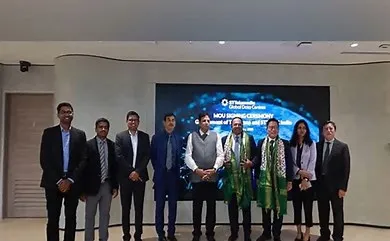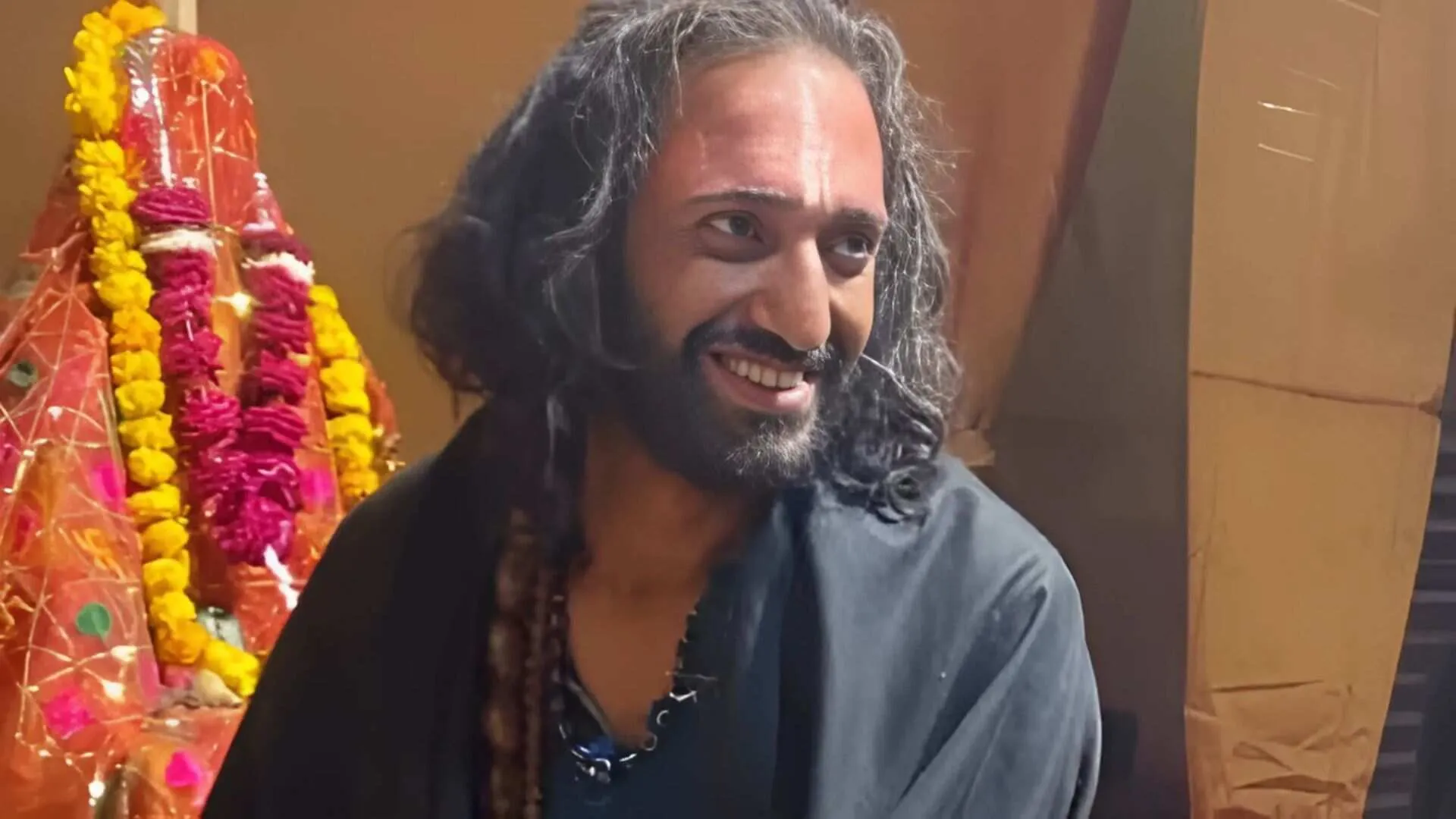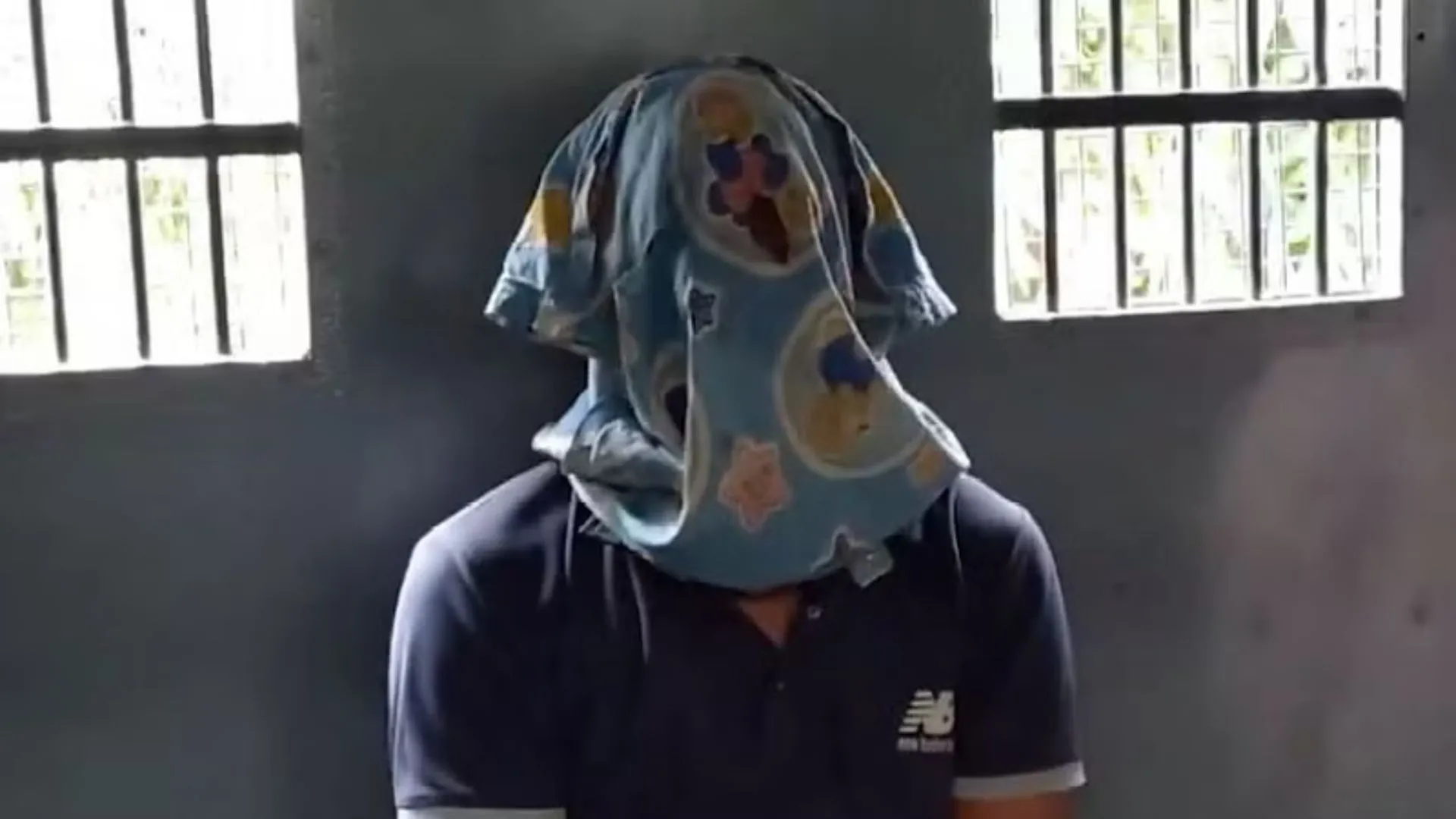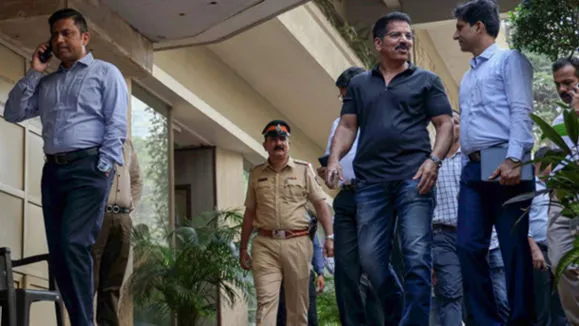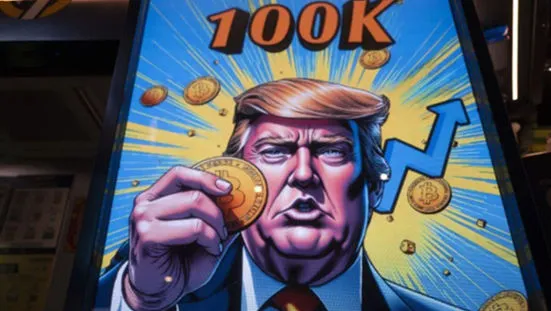Delhi’s Rouse Avenue Court on Friday rejected CM Arvind Kejriwal’s plea challenging the summons issued to him on two complaints filed by the Enforcement Directorate (ED) for evading its summons in a money laundering case related to an alleged excise scam.
Special Judge (CBI) Rakesh Syal passed the order after hearing submissions from ASG S V Raju for the ED and Senior Advocate Ramesh Gupta, along with Advocate Rajiv Mohan.
Senior Advocate Ramesh Gupta argued that there was no disobedience by Arvind Kejriwal. He emphasised that a person can only be summoned when their non-appearance is intentional. Kejriwal had replied to each summons, citing his responsibilities as the Chief Minister for his inability to attend. Gupta also highlighted the lack of a show cause notice by the ED before filing the complaints.
Advocate Rajiv Mohan argued on the second revision moved by Kejriwal, stating that the summons were hastily issued without due judicial consideration. He pointed out that the trial court failed to consider Kejriwal’s responses to the summons.
Counsel for Kejriwal emphasized that prosecution under Section 174 of the CrPC requires evidence of intentional disobedience, which was not adequately established by the trial court. He criticised the court’s reliance on the complainant’s version without proper judicial scrutiny.
ASG S V Raju countered these arguments, stating that intentional disobedience is a matter for trial. He asserted that the summons were lawfully issued by authorised officers, and Kejriwal’s failure to provide requested evidence amounted to intentional disobedience.
Furthermore, ED opposed Kejriwal’s plea for interim relief, citing his previous commitments and alleged suppression of facts regarding his appearance before the court.
In the ongoing legal battle, the Additional Chief Metropolitan Magistrate recently issued a fresh summons to Kejriwal following a second complaint by the ED related to the Delhi liquor policy money laundering case.
The ED alleges that Kejriwal failed to comply with the summons issued under the Prevention of Money Laundering Act (PMLA), prompting further legal action.
Kejriwal’s appearance before the court, both physically and virtually, has been subject to scheduling conflicts due to his official duties as the Chief Minister.


